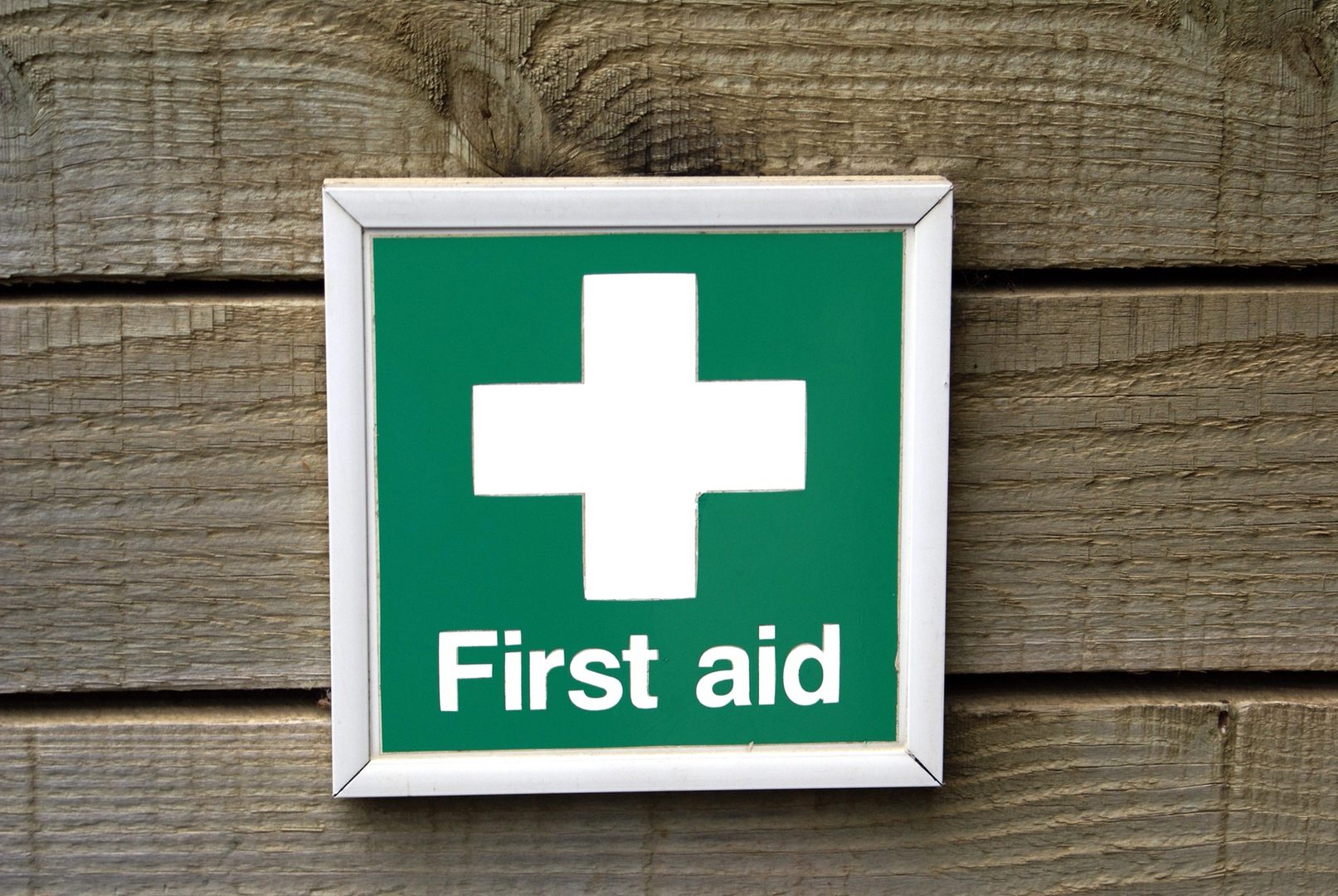Just War Theory
"For I was hungry and you gave me food, I was thirsty and you gave me drink, a stranger and you welcomed me, naked and you clothed me, ill and you cared for me, in prison and you visited me.' "
Matthew 25:35-36
A discussion of the terrorist attacks on 9-11 (2001) in the United States, the train bombings in Spain, and the bus and subway bombings in England (July 2005) and how to respond leads into a discussion of "Just War Theory". After the 9-11 attacks, the United States attacked Afghanistan and Iraq. We continue to keep military forces in both countries as peace keeping forces.
In paragraph 2309, the Catechism of the Catholic Church, presents the criteria for a just war. The United States Conference of Bishops presented it in The Harvest of Justice Is Sown in Peace. The teaching seeks to present guidelines to determine if war is justified at all and if it is justified, what level of military action is appropriate.
A crucial part of the foundation for just war theory is the dignity of human life. In April 2024, the Vatican Dicastery for the Doctrine of the Faith released a new Declaration, “Dignitas Infinita” on human dignity, its source, types of dignity, and application in the way people are treated. I wrote a two part reflection on this declaration. Here are links to Part I and Part II.
There are several criteria that must be met for a just war.
- Just Cause - Force may be used only to correct a serious evil. The emphasis here is that the evil must be done against a large group. Attacks against individuals or small groups do not justify serious military action.
- Comparative Justice - The response to the attack must be in proportion to the original attack. Thus, attacks against a small group of people does not justify attacks against a whole country. I would also include here that a single attack does not warrant a response that knowingly results in a prolonged war.
- Legitimate Authority - War can only be initiated by those who are duly recognized as the proper authority. The proper authority must be a properly recognized public government. I would question if one country has the authority to attack another country except perhaps in the case of self defense. I believe an individual country does not have any right to invade another country under violations of human rights to the people of the "unjust" government. By this, I mean that we cannot attack another country alone for what it does to its own people. I believe in this situation, the competent authority should be the United Nations or a coalition of a major portion of the world nations.
- Right Intention - We must only resort to force for good motives. If we attack to protect or secure human lives, we are attacking properly (if amount of force used is in proportion). However, if we attack to obtain economic gain or political power that is evil.
- Probability of Success - There must be a reasonable hope of accomplishing our goals. I would include under this that we must consider the after effects of our attacks. We attacked Iraq to remove Saddam Hussein from power. We were successful in removing him from power. However, we must ask are the Iraqi people more secure and safe with their human rights intact now than they were under Saddam Hussein.
- Proportionality - “the use of arms must not produce evils and disorders graver than the evil to be eliminated” (Catechism of the Catholic Church, 2309).”
- Last Resort - War can only be done as a last resort. We must exhaust all diplomatic means and any other peaceful means possible.
These are not easy criteria to evaluate. To make the judgment harder for the average citizen, we must realize that there is always information in the hands of government officials that we do not have. The question of proportionate response also makes the decision difficult. If 3,000 people die in the original attack, does the responder need to make sure they do not kill 3,001? I do not think we can play numbers in that sense. Yet, we must always realize that killings tens of thousands is not justified by an attack that killed a few thousand.
Lastly, under these criteria a pre-emptive strike cannot be justified. A just war is always in response to an attack. In pre-emptive strikes no attack has happened. I do not want to say that a country cannot act in its best interest to stop an attack before it happens. However, it cannot never be justified in starting a war to prevent an attack.
Fr. Jeff offers an application of "Just War Theory" to the situation in North Korea on August 13, 2017 in his blog article "Korea & the 19th Sunday in Ordinary Time, Year A - Homily."d You can find similar articles applying just war theory to the conflict in Ukraine and Russian and Israel and Hamas on my blog under the Just War Theory - Real Life Application category.





